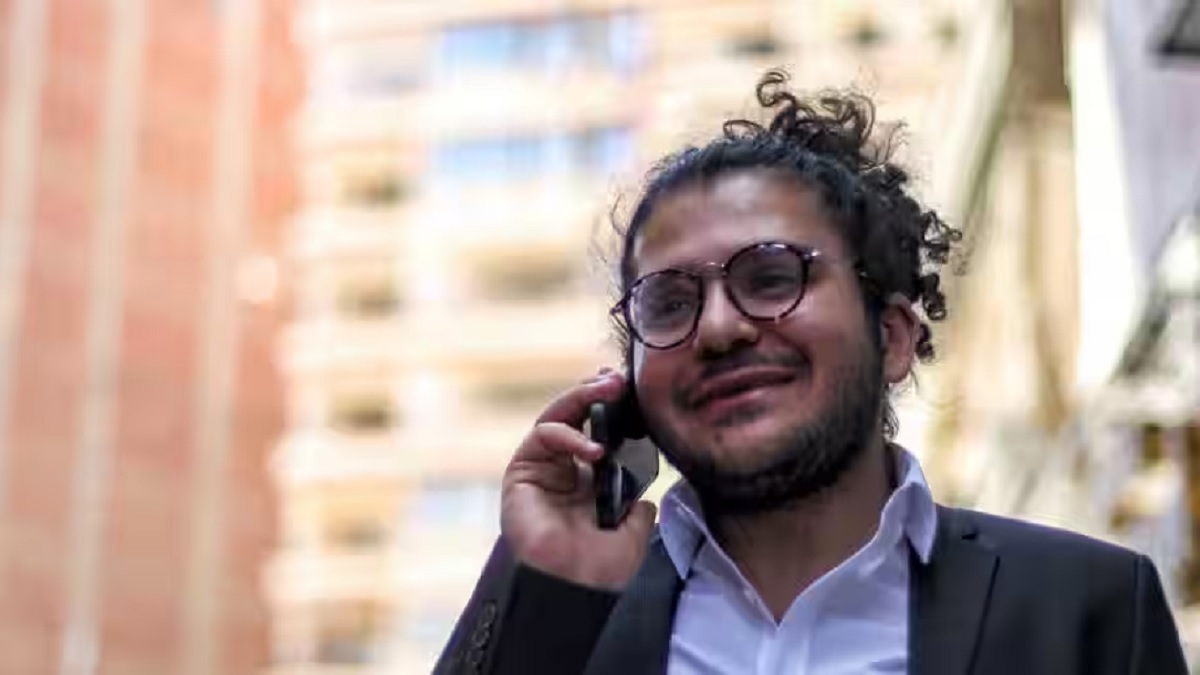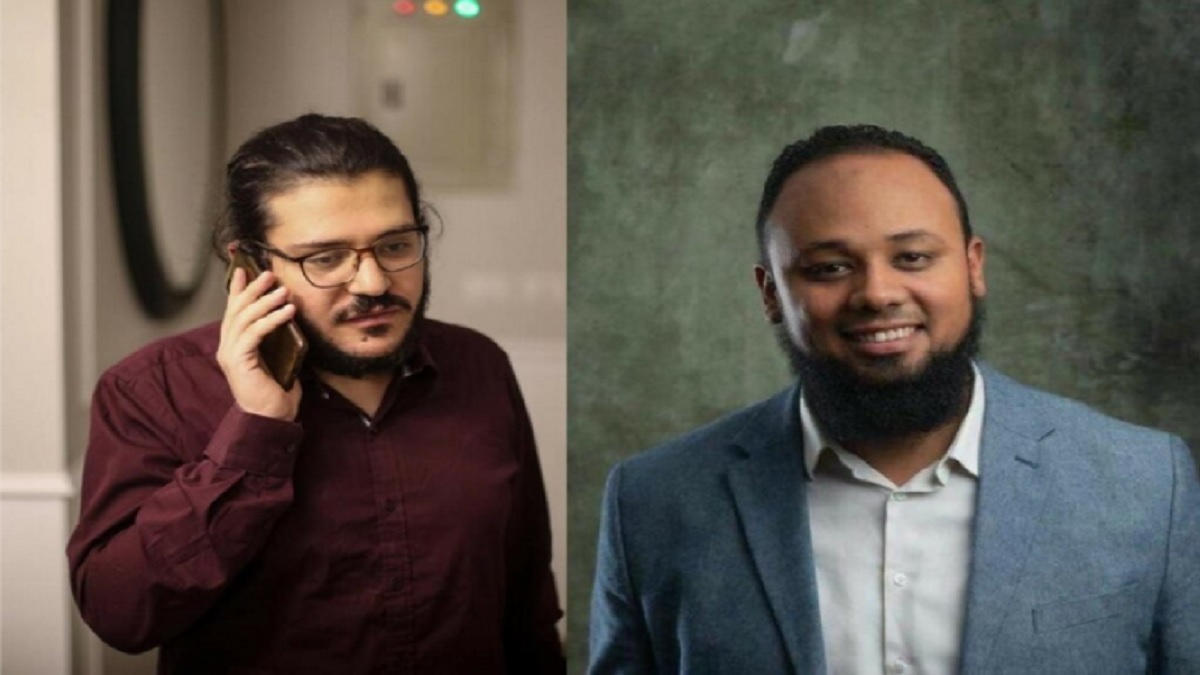Patrick Zaki, Egypt President Grants Pardon To Detained Researcher Patrick Zaki
This article will talk about Patrick Zaki. Italian-Egyptian human rights scholar and activist Patrick Zaki has devoted his life to fighting for the rights of underrepresented groups in Egypt. He was born in Egypt and pursued his academic goals by enrolling in the famed University of Bologna’s Ph.D. program. Through his ardent writings, Zaki brought attention to the struggles endured by Egypt’s Coptic Christian minority, a sizeable but underrepresented community that makes up between 10 and 15 percent of the nation’s population. When Zaki looked into the daily struggles and prejudice faced by Egypt’s Christians, he started his road toward becoming a human rights champion. To increase awareness and encourage conversation on this religious minority’s rights and social justice issues, he addressed the hardships they face in one of his powerful writings.

Patrick Zaki, Egypt President Grants Pardon
His attempts to reveal the truth, nevertheless, were not ignored and attracted the attention of both the Egyptian government and widespread international praise. Zaki was unexpectedly detained in February 2020 while on a visit to his own nation, which outraged the whole human rights world. His piece in which he expressed the worries of Egypt’s Coptic Christian population served as the impetus for his detention. He was charged by the Egyptian government with disseminating false information, endangering national security, and encouraging the overthrow of the government accusations frequently used to muzzle critical voices.

International indignation and criticism over Zaki’s situation led to calls for his immediate release and fair treatment under the law from a number of human rights organizations, intellectuals, and activists. They perceived his detention as a flagrant violation of his right to free speech, highlighting the harsh reality that individuals in Egypt who dared to oppose the existing quo had to deal with. Zaki was also a citizen of Italy, which put out a lot of effort to secure his release. They understood the value of protecting those who bravely speak out for the underprivileged as human rights advocates.

The Egyptian government resisted international pressure and had Zaki go through a difficult judicial process that was rife with delays and ambiguities. His prolonged confinement without a fair trial raised questions about both his safety and the justice system’s fairness. The situation of Zaki came to represent the continuous fight for human rights in Egypt. It brought to light the vulnerability of the nation’s human rights advocates, who endure daily intimidation, harassment, and even jail for their work. More information is gonna disclosed very soon.






